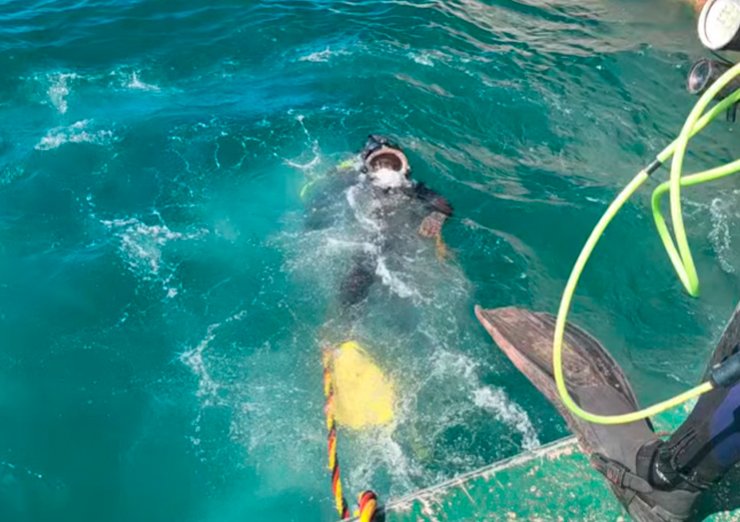The Importance of Performing Antifouling Paint Inspection
In the maritime industry, proper maintenance of ships is crucial to ensuring their operational efficiency, safety, and longevity. One of the most important aspects of this maintenance is the application and inspection of antifouling paint. This specialized coating is essential for preventing the growth of marine organisms on the vessel’s hull, which can negatively impact its performance. Here, we explore the importance of performing antifouling paint inspection and its benefits.

Prevention of Marine Organism Growth
The growth of marine organisms such as algae, barnacles, and other biofouling on a ship’s hull can significantly increase water resistance. This not only reduces the vessel’s speed but also increases fuel consumption. Antifouling paint acts as a barrier that prevents these organisms from adhering to the hull, keeping the vessel free of fouling and optimizing its performance. Regular inspection of this paint ensures that the coating is in good condition and remains effective.
Reduced Operating Costs
A clean, fouling-free hull translates to greater fuel efficiency. By reducing friction and resistance, the vessel can operate at optimal speeds without the need for additional fuel consumption. This helps to reduce operating costs and contributes to lower emissions of pollutants, supporting sustainability and environmental protection efforts.
Prolongation of Vessel Lifespan
Proper application and maintenance of antifouling paint can significantly extend the lifespan of the vessel’s hull. Marine fouling can cause physical damage to the hull, such as corrosion and material degradation. Regular inspection of the antifouling paint allows for the detection and repair of any damaged or worn areas before the damage becomes irreparable, ensuring the long-term structural integrity of the vessel.
Compliance with Regulations and Standards
Maritime authorities and classification societies require vessels to comply with certain maintenance standards, including the use of antifouling paints. Regular inspections ensure that the vessel meets these standards, avoiding potential penalties and ensuring the renewal of seaworthiness certificates. Additionally, proper maintenance can enhance the reputation of the shipping company and increase the confidence of customers and business partners.
Efficient Maintenance Planning
Antifouling paint inspection allows ship operators to efficiently plan maintenance tasks. Identifying areas that require attention before they become serious problems allows for timely scheduling of repairs, minimizing operational interruptions and avoiding costly downtime. Efficient maintenance planning can also extend intervals between technical stops, optimizing the vessel’s operational time.
Enhanced Safety
A well-maintained, fouling-free hull not only improves performance and efficiency but also contributes to the overall safety of the vessel. Fouling can affect the vessel’s maneuverability and stability, especially in adverse navigation conditions. Regular inspection of antifouling paint ensures that the hull is in optimal condition, enhancing the safety of the crew and cargo on board.
Antifouling paint inspection is an essential practice in ship maintenance. Its importance lies in preventing the growth of marine organisms, reducing operating costs, prolonging vessel lifespan, ensuring compliance with regulations, efficient maintenance planning, and enhancing safety. Investing in regular inspections and proper application of antifouling paint is a proactive measure that ensures the long-term operability and profitability of vessels.
To achieve optimal results, it is essential to rely on experienced professionals and use high-quality products. Ensure that you schedule regular inspections and maintain a detailed record of your vessel’s antifouling coating condition. By doing so, you can enjoy the benefits of a clean, efficient, and safe hull, protecting your investment and contributing to the sustainability of the marine environment.
